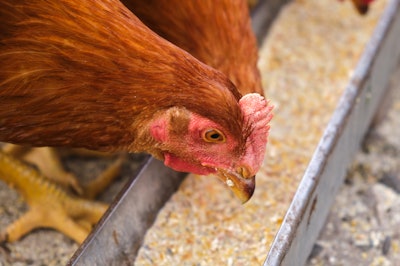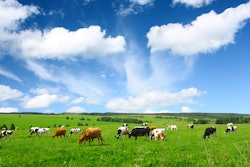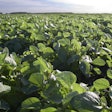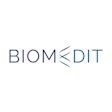
The U.S. Securities and Exchange Commission (SEC) passed a rule that requires publicly traded companies, including poultry and egg, to disclose their greenhouse gas (GHG) emissions to their investors.
Producers will be required to start reporting Scope 1 and 2 emissions by May 5. The regulation does not require companies to report Scope 3 emissions.
According to the Environmental Protection Agency (EPA), Scope 1 emissions are direct greenhouse (GHG) emissions that are controlled or owned by an organization, Scope 2 emissions are indirect GHG emissions associated with the upstream purchase of electricity, steam, heat or cooling and Scope 3 are indirect GHG emissions that result from upstream and downstream activities such as material acquisition or distribution.
Some of the areas that producers will be required to report on include:
- Climate-related risks that have had, or are reasonably likely to have, a material impact on the company’s business strategy, results of operations or financial condition
- Actual and potential material impacts of any identified climate-related risks on the company’s strategy, business model and outlook
According to the SEC, the rule reflects its efforts to respond to investor demand for more consistent, standardized and reliable data about climate-related risks and how a company manages those risks allowing better-informed investment decisions can be made.
Egg producers could utilize AEB’s online tool
Many poultry and egg producers are already required to report their GHG emissions through customer surveys.
However, sustainability reporting can be time consuming and contain challenging requests for sustainability and impact data. Often, comparable questions are asked across various third-party sustainability survey platforms.
To address this, the American Egg Board (AEB) is working to understand egg customers' sustainability commitments by identifying commonalities across multiple buyer surveys and data requests.
AEB is in the process of creating a master sustainability survey that includes a how-to guide and data tool to provide support and help egg producers respond to complex questions about their processes.
By the end of 2024, AEB plans to create an online tool that will streamline completion of the master survey.















